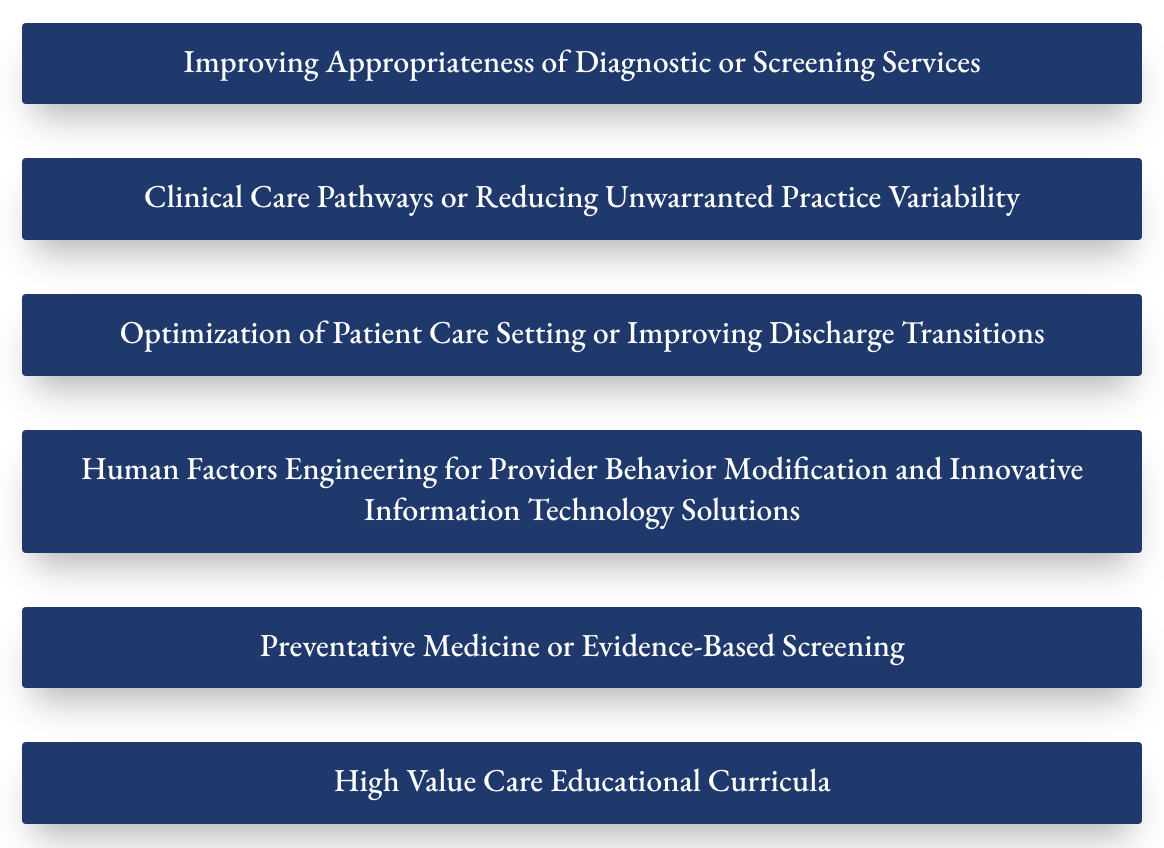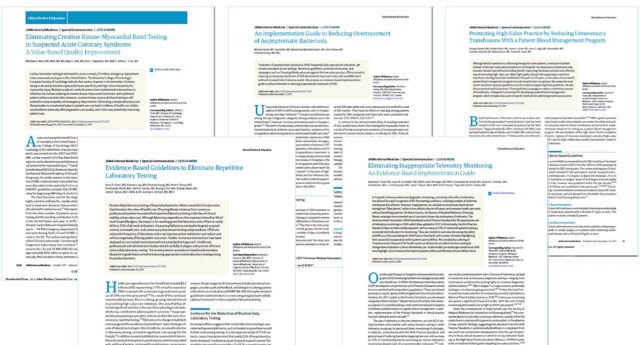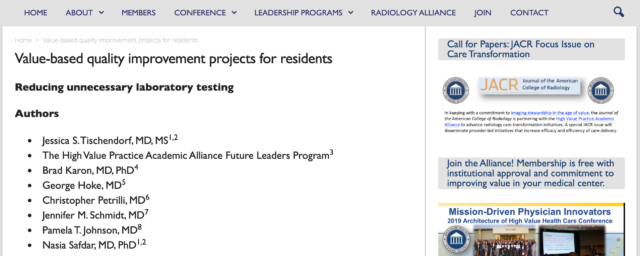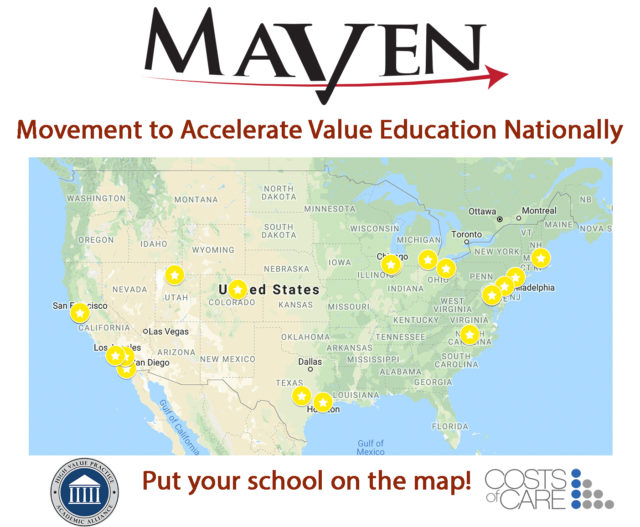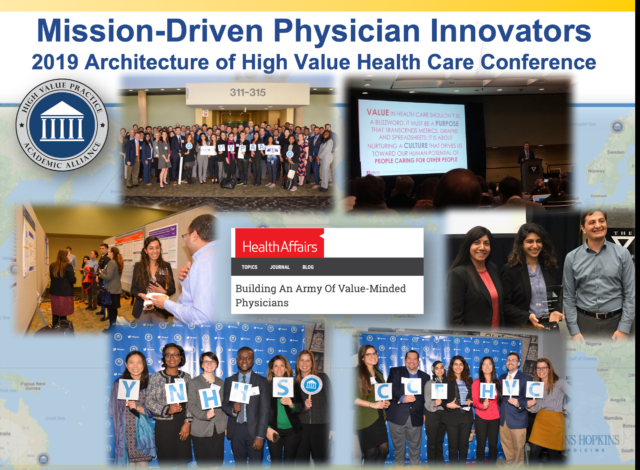From the 2018 HVPAA National Conference
Cassandra Peterson (Johns Hopkins Health Care), Linda Dunbar (Johns Hopkins Health Care), Sarah Himmelrich (Office of Johns Hopkins Physicians), Scott Feeser (Johns Hopkins Community Physicians), Scott Berkowitz (Johns Hopkins School of Medicine and Johns Hopkins Medicine Alliance for Patients, LLC)
Background
Within Johns Hopkins Medicine Alliance for Patients (JMAP) MSSP ACO, patients with end-stage renal disease (ESRD) were more costly than the national average. Based on Medicare Part A & B expenditures, JMAP ESRD patients in 2014 had annual expenditures of $102,524, compared with the national ACO average of $77,106.
Objectives
To reduce Part A & B expenditures while maintaining high quality care.
Methods
Johns Hopkins HealthCare (JHHC) provides Case Management/Disease Management for patients with ESRD who have begun chronic dialysis. The program had been developed for JHHC lines of business patients and was extended to serve JMAP beneficiaries. The Care Manager, a Registered Nurse or Clinical Social Worker with a background in ESRD, provides disease management through regularly scheduled visits to patients during the hemodialysis treatment or during the monthly office visit when the member has selected peritoneal dialysis. During these encounters, information/education is provided regarding options for renal replacement therapy (hemodialysis, peritoneal dialysis, and transplantation), and the challenges and advantages of each. In addition, adequacy of dialysis is monitored based on the National Kidney Foundation Dialysis Outcomes Quality Initiative guidelines (DOQI). The Renal Care Manager collaborates with appropriate providers to achieve and maintain these quality standards. The Care Manager also assists the member in preventing complications and with problem solving related to dialysis treatment, access care, medications, and management of the primary diagnosis. To date 335 beneficiaries have been enrolled of approximately 590 beneficiaries identified as having potential ESRD based on data from the Johns Hopkins ACG System. Reasons for not being enrolled include the beneficiary having been transplanted, no longer being on dialysis or declining services. Obstacles which are unique to the Medicare population include: paying for the care management services if outside an ACO; lack of dental coverage which can be challenging if a beneficiary needs dental services as part of their work up for transplant; and durable medical equipment is more difficult to obtain due to the multiple requirements and restrictions.
Results
Annual costs associated with ESRD Medicare beneficiaries attributed to JMAP have decreased annually from $102,524 in 2014 to $97,174 in 2015 and further to $88,977 in 2016. Additionally, a risk-adjusted cost model using Medicare claims data in 2017 incorporating the Johns Hopkins ACG risk score, indicates that observed costs for ESRD patients are well below a predicted costs on a per member per month basis ($6,040 PMPM observed to $8,198 PMPM expected through Q4 2017). The cost of the intervention is $165 PMPM.
Conclusion
An ESRD Care Management program can help reduce total cost of care for Medicare beneficiaries in an ACO.
Implications for the Patient
Because patients with ESRD have high health care costs, approaches to control such costs are needed. Disease-specific care management for Medicare beneficiaries with ESRD can help achieve that goal.
